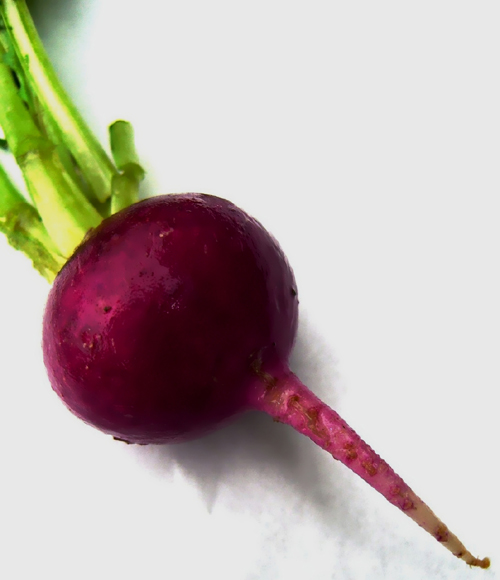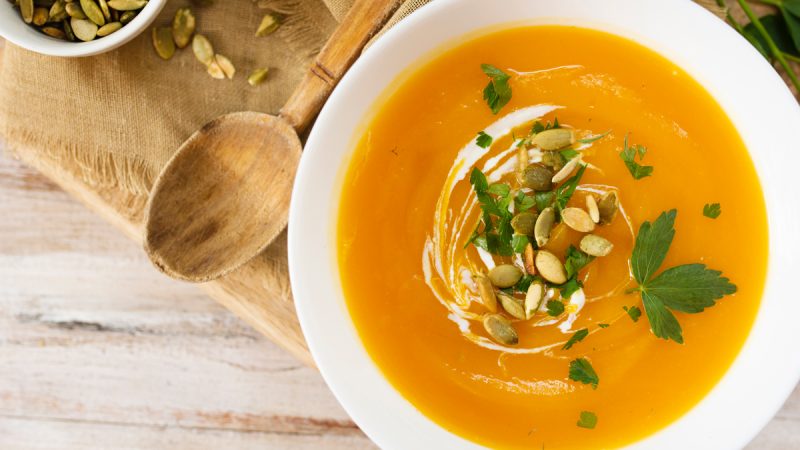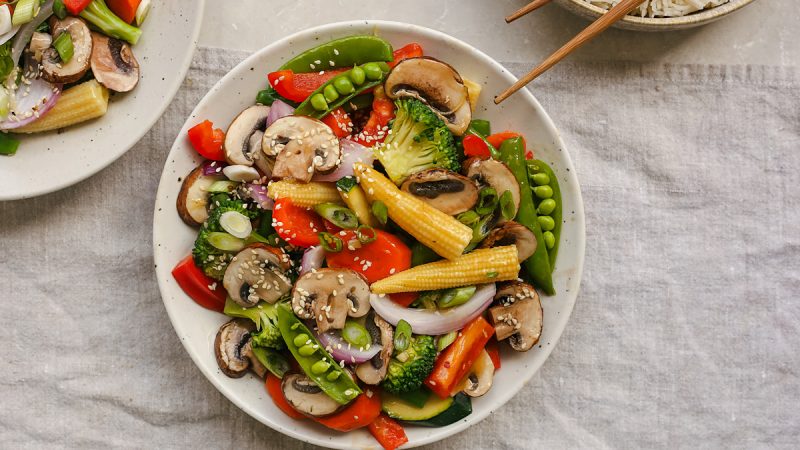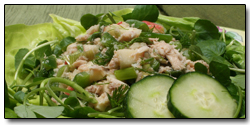What Are the Benefits of Beetroot and How to Buy and Store it?

What are the Vitamins and Minerals in Beetroot?
Beetroot is related to sugar beet and has a high sugar content, as high as that of an apple, in fact. It also contains potassium, calcium, sulfur and chlorine along with a moderate amount of vitamin C and folic acid. The beetroot has been recognized as being good for the blood for many years, as many an old wives’ tale confirms. There is usually some truth in them and beetroot does contain iron which is essential for red blood formation.
In Europe and Russia, beetroot is used as a tonic and to build up resistance to infection. For centuries it has been known to aid the digestive system, especially the liver. It also has a long history in the treatment of cancer as it contains ant carcinogenic substances in the red coloring matter.
Beetroot increases the cellular take-up of oxygen which prevents cancer and boosts the immune system. Beetroots and their green tops are mineral rich and help to keep the gall bladder, kidneys and liver healthy. The manganese contained in the green tops helps bodily growth, maintains a healthy nervous system and strong bones and is also especially important to the metabolism and reproductive system.
How to Buy and Store Beetroot?
Don’t buy beetroots that look wrinkled, as they will be dry and tasteless. The beetroots to look for should be uncooked, firm to the touch and have smooth skins. Their green tops should be bright, vibrant and not at all droopy. Smaller beetroots tend to be tastier and juicier. They should be washed, dried and stored in the refrigerator or a cold place. Beetroot is generally available all year round.
The Author:
Clance Lee is a freelance photographer, mostly taking wedding photographs and portraits. Other than photography, he likes to travel around and occasionally covering travel review. During free times, he likes to prepare meals for his family and always try out new dishes. And his family likes it.








